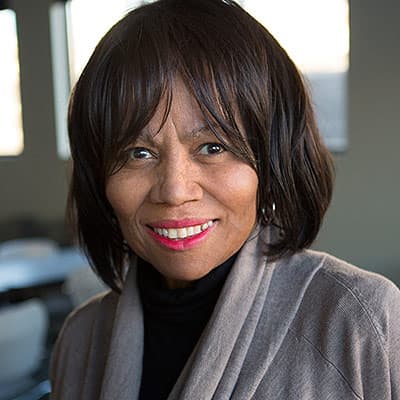Advertisement
Activist, Engineer, Developer: Boston Mourners Remember Kenneth Guscott
Resume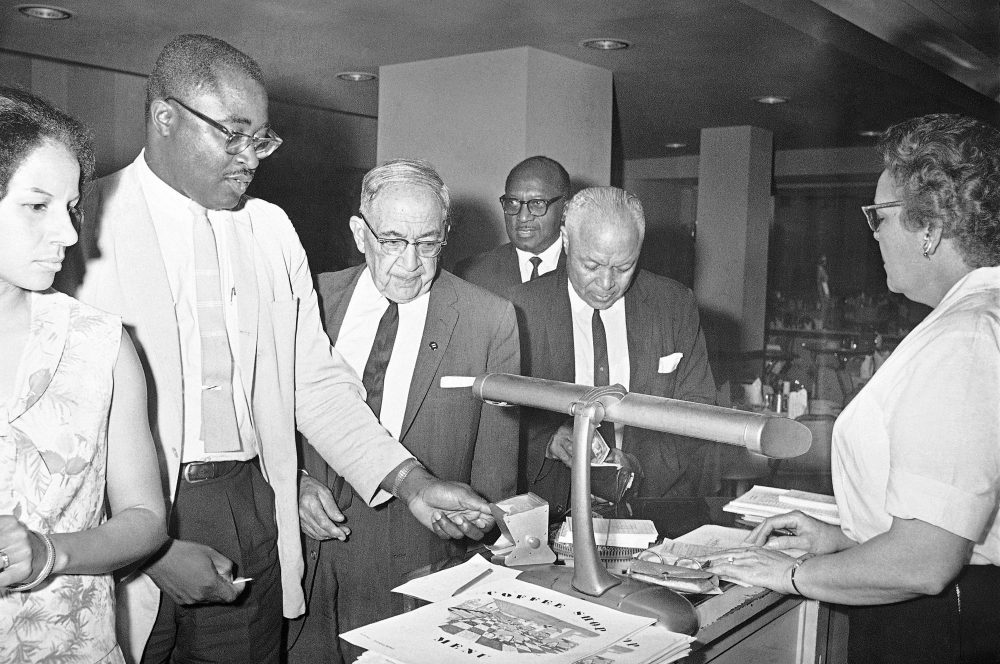
Mourners in Boston are paying tribute to one the city's most notable civic leaders.
Funeral services are being held Friday at Morning Star Baptist Church in Mattapan for activist and businessman Kenneth Guscott, who died in a fire at his home in Milton last week. He was 91.
Military Man, Nuclear Engineer, Civil Rights Pioneer
Guscott's activism in civil rights, in part, can be traced to World War II. He had enlisted in the Army as a pre-aviation cadet and was traveling by train to Mississippi.
"And I had never been south in my life, and we got to Washington, the conductor told me I had to leave and go up to the front coach," he explained in a 2013 interview. "I said, 'For what? I like it here.' They called the MPs [military police officers]. Two MPS came. They were going to put me in a military brig.
"And I was so distraught, I was almost in tears. I was 17 years old," Guscott recalled. "And just about every black guy I knew who came from here and went down South had the same experience."
In the same interview, Guscott recalled the war and being sent to Australia.
"We got one day out of Sydney, and they wouldn't let us land, because Australian law said 'Caucasians only,' " Guscott explained. "And here, the Japanese [were] coming to take over their damn country, [and] they wouldn't let us land. They sent us over to New Guinea in the jungle. I said, 'Boy, when this war is over, we're going to come back here and change this crap.' "
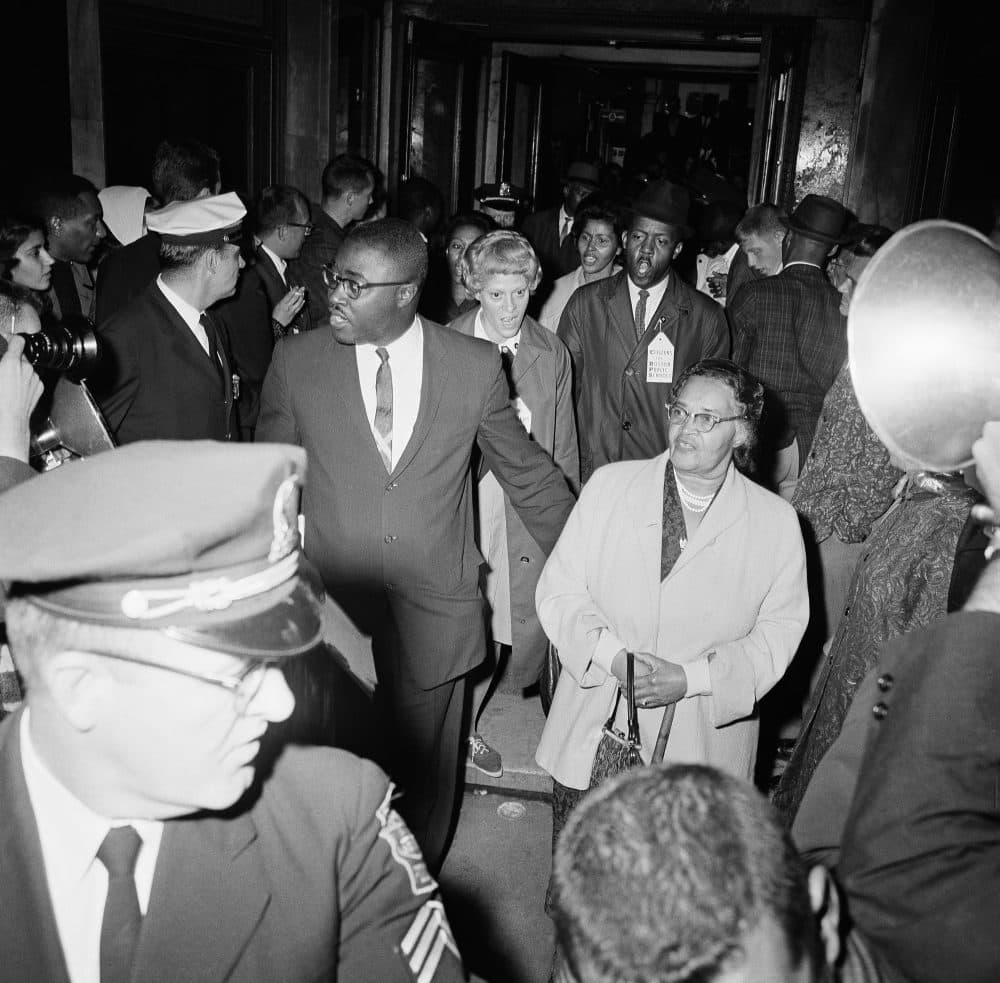
Guscott followed through on his vow to change things. After his time in the Army and the Merchant Marines, a backup fleet to the U.S. Navy during war, he came back to Boston and and was accepted to a nuclear engineering education program at General Dynamics.
Within two years, Guscott was the company's chief nuclear engineer. He was also active in the Boston NAACP. He called for General Dynamics' management to hire more people of color.
"I went to them and I said, 'We don't have enough black people in the shipyard here working on these ships. Can you help us? And they said sure.' We set up a program with the NAACP and asked them to help us recruit black people," Guscott said in the interview. "We got some black people in, we set up a training school — welders and burners — and the school of shipfitters."
Guscott served as president of the Boston NAACP during the height of the civil rights movement, tackling the issues of jobs, education and housing.
He quit his job at General Dynamics, and he and his brothers became real estate developers, providing affordable housing and construction jobs for out-of-work city residents.
'Now I Own The Whole Damn Block'
Guscott's daughter, Lisa, says the real estate company allowed her father to address the problems facing many black residents, including the same resistance Guscott had encountered when trying to rent an apartment in Boston decades earlier.
"There was this resistance to this man that had just served his country, coming back home, and the community that he loved did not want him," she said. "So the end of the story and the punch line is, 'Now I own the whole damn block.' "
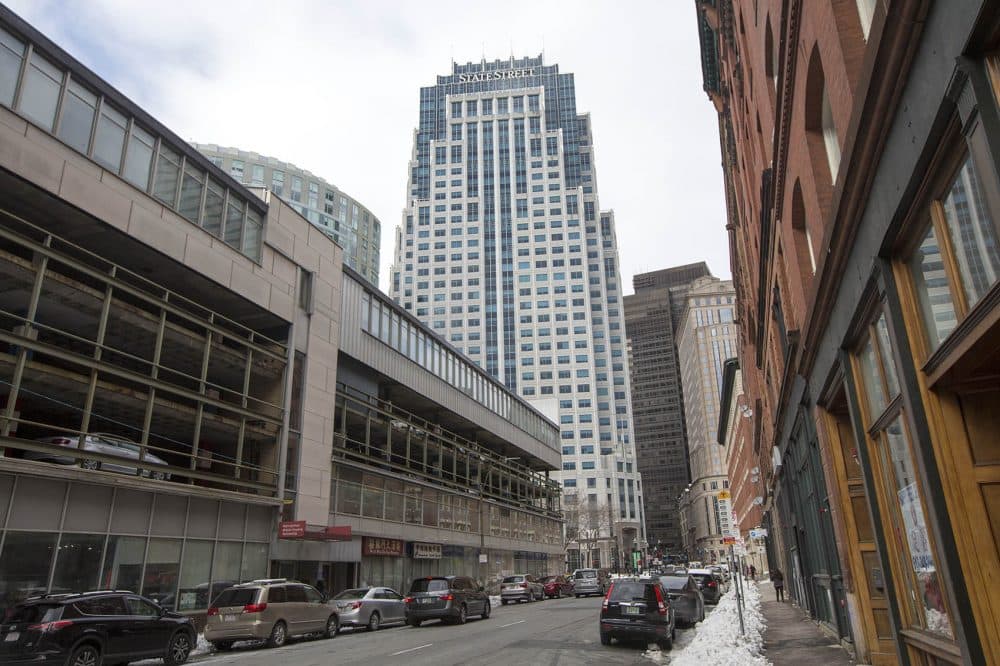
One of Guscott's biggest projects was construction of a downtown building that's now the home of State Street Financial.
Lisa Guscott recalled that when it was completed in 2003, 1 Lincoln was largest office tower in the country financed and developed by minority investors.
"He was told you can't build that building here, it's too expensive," she explained. "It was done. It was on time, under budget. It was built for $300-something million. The first time it sold, it was $700 million. And now it's valued at a billion."
1 Lincoln St. was the first downtown office building developed through Boston's Linkage Program, which required investment participation by city-designated nonprofit groups. One of them was the Urban League of Eastern Massachusetts.
Its executive director, Darnell Williams, says the organization made hundreds of thousands of dollars.
"So that was a very, very huge thing, and it really becomes the standard-bearer, from my standpoint of view, in terms of when you're doing business, you can do good and do well at the same time," Williams said.
In the weeks before his death Guscott unveiled a new project, a 25-story residential and office tower. It is the first high rise tower in Roxbury's Dudley Square. His daughter, who now runs the development company, says that project is moving forward.
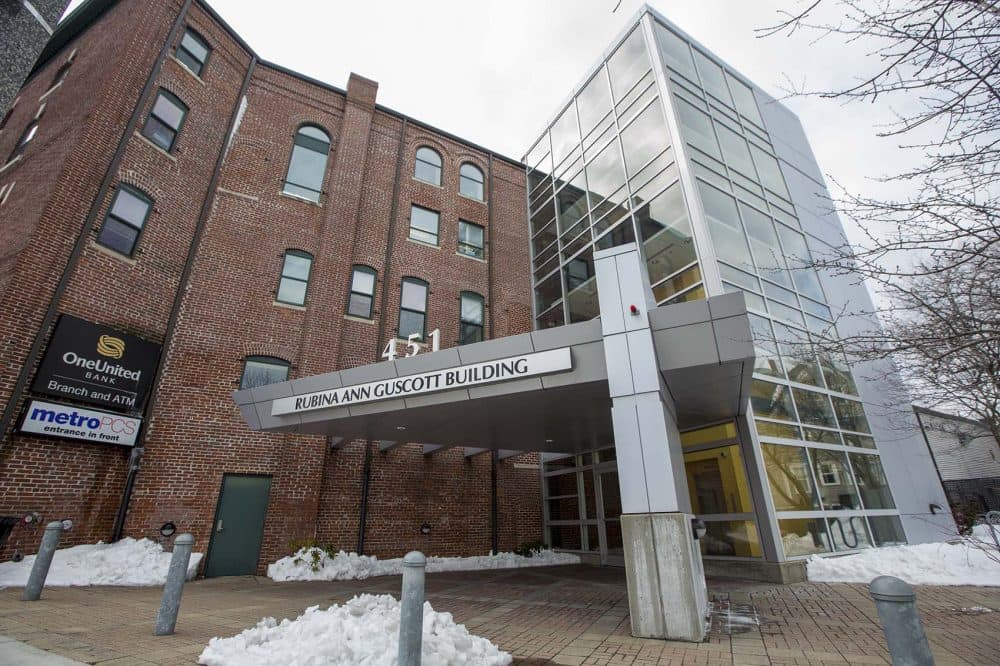
This article was originally published on March 17, 2017.
This segment aired on March 17, 2017.
